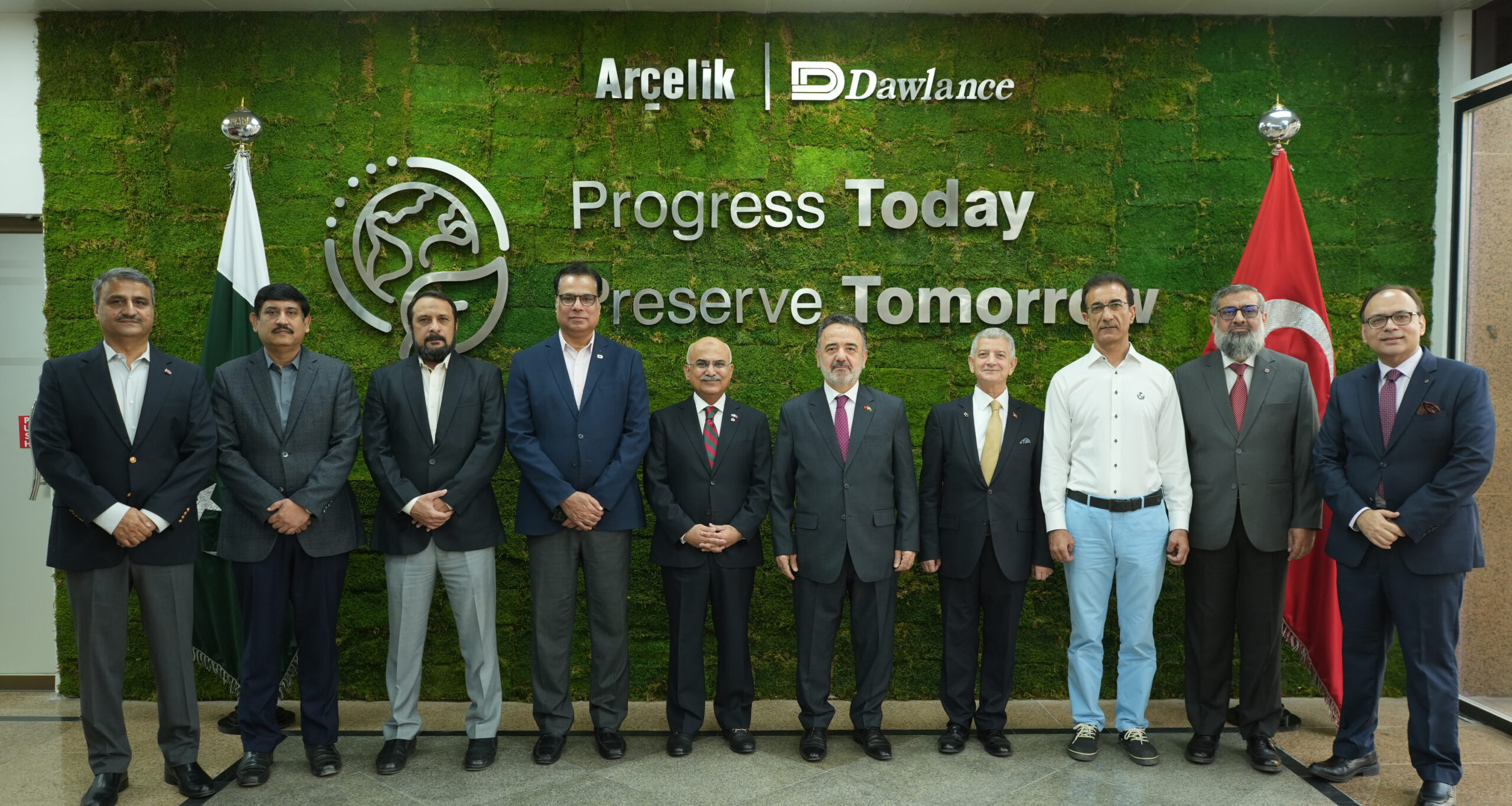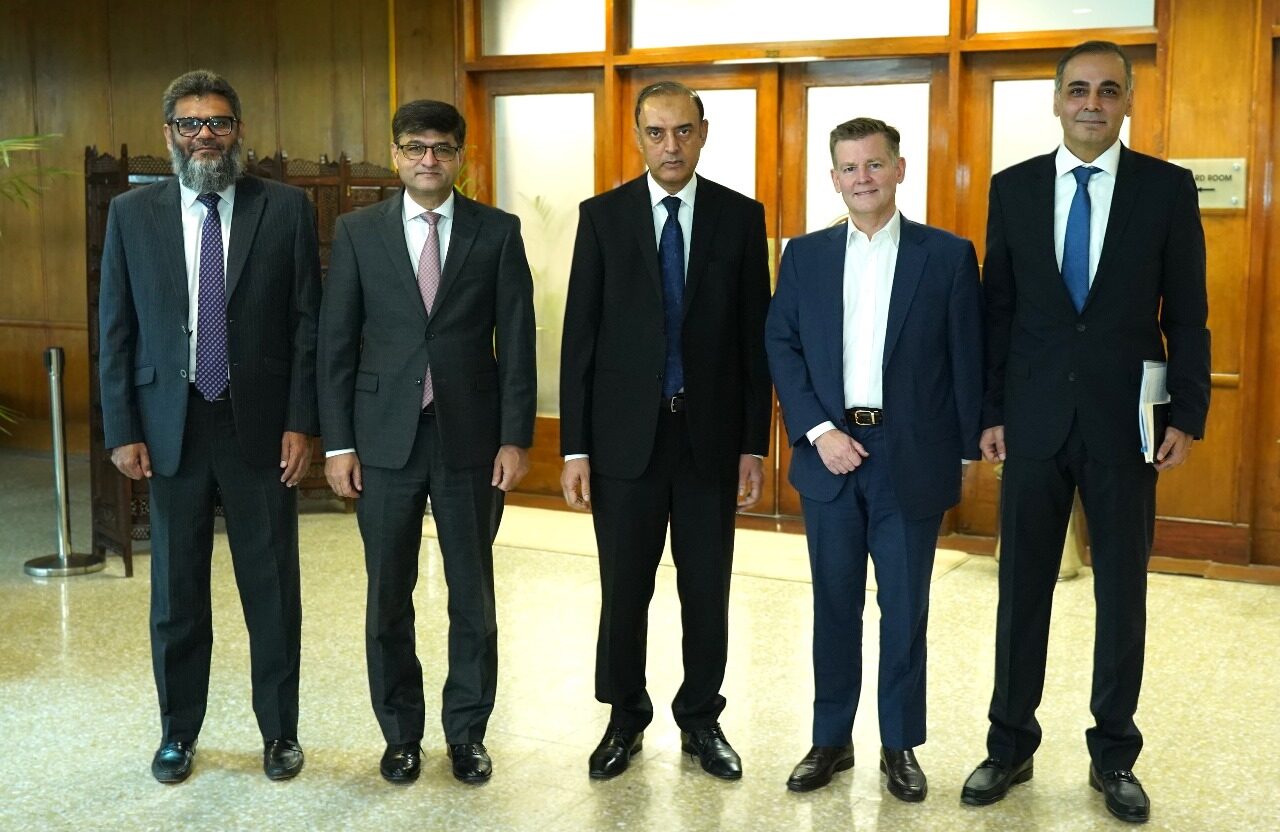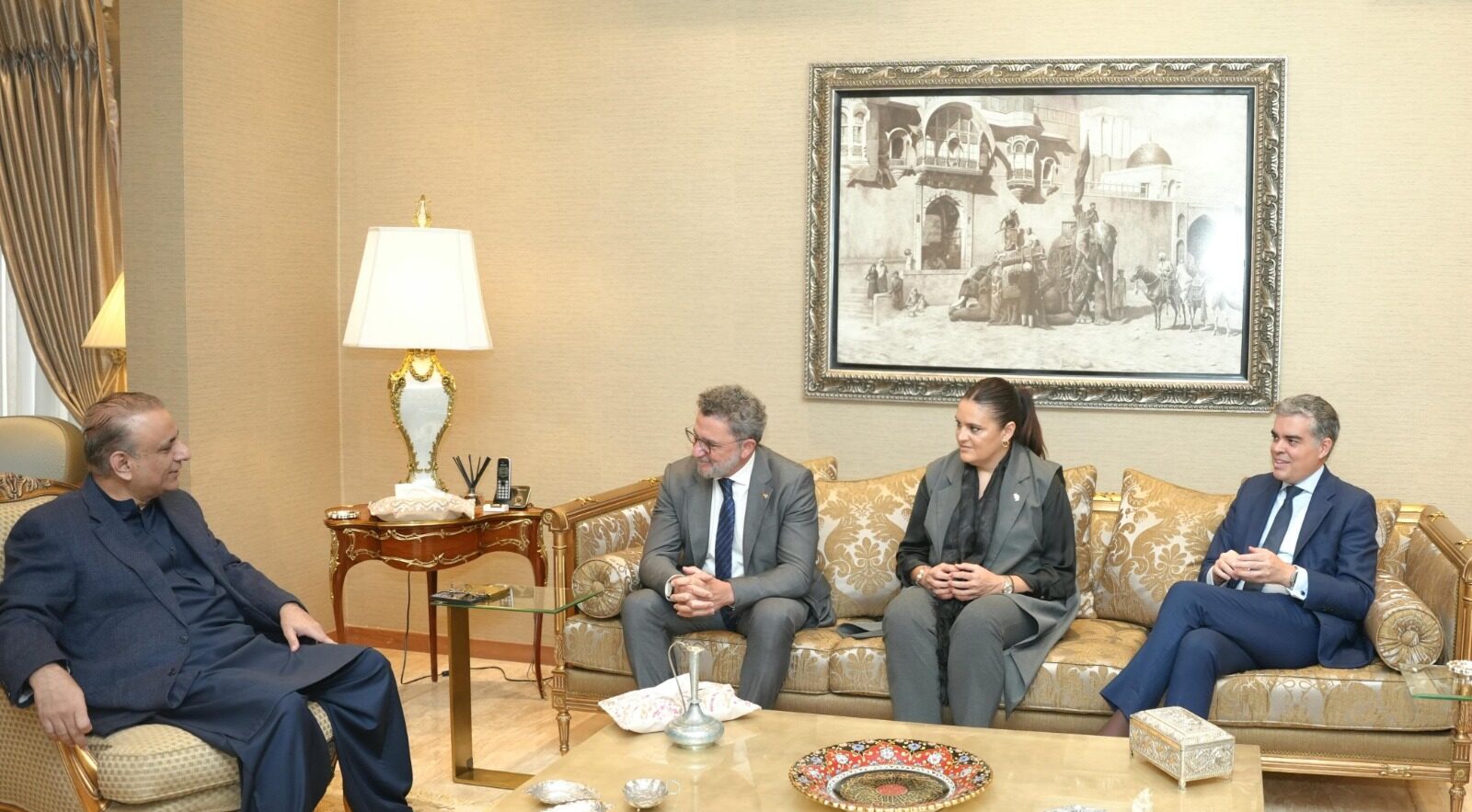Karachi, June 09, 2020: The government is working to rationalize the taxes to encourage new investments with focus on reviving labor intensive sectors of the economy including construction, housing and agriculture related industries.
The government assured the masses and the business community for not introducing any new tax in the next budget due to economic slowdown and massive unemployment in the country.
The budget deficit is targeted to be reduced to 7.5% of GDP in the upcoming budget, from estimated 9.5% in the current fiscal year. This will be achieved through rationalisation in untargeted subsidies and lie public development program (large infrastructure projects). Similarly, the government is targeting an increase in non-tax revenues to bridge the gap.
Tax revenues are also likely to normalize once the COVID 19 crisis ends and government is able to ease lockdown restrictions. Tax reforms implemented in the current year are comprehensive and aimed at removing large tax exemptions. These measures lead to a significant rise in taxes in the current fiscal year prior to COVID 19 crisis. Domestic revenues increased 27% and that helped the government to post a surplus in the primary account in the first nine months of the current fiscal year.
IMF Program is on track
Pakistan is working closely with the IMF and other multilateral development partners to deal with the COVID 19 crisis.
The IMF has delivered a $1.4 billion Rapid Financing Instrument (RFI) in April 2020 for Pakistan. Similarly, the World Bank and Asian Development Bank have committed $4.6 billion in emergency assistance to Pakistan to deal with the COVID 19 crisis.
We are in discussions with the IMF staff on the $ 6 billion Extended Fund Facility (EFF), given the changing ground realities as a result of the COVID 19 crisis. The last IMF staff review in February 2020 concluded successfully with a staff level agreement.
IMF staff noted that ‘Considerable progress has been made in the last few months in advancing reforms and continuing with sound economic policies. All end-December performance criteria were met, and structural benchmarks have been completed’.
There is no need to renegotiate the $ 6 billion IMF EPP, the program is on track. However, the changing ground realities due to the COVID 19 crisis need to be factored in with the EFF program targets.
The government is confident that the EFF program will not be derailed, and the government reforms program will continue as we emerge out of the COVID 19 related crisis.
The COVID 19 pandemic and the lockdown measures taken to prevent the outbreak have taken a significant toll on the economy as it is projected to have contracted by 0.4% in the current fiscal year with rise in unemployment and poverty.
The focus of the upcoming budget is to stimulate growth and create jobs. In this connection, the government already launched an unprecedented $ 8 billion stimulus package in March and the central bank has cut rates by over 525bps to support growth and the economy.
The focus of the stimulus is towards providing support to business, in particular SMEs through payroll loans at subsidized rates, deferral of principal and interest payments for one year and quick disbursement of all as refunds to business. Government has also increased subsidy on utility bills for SMEs and increased subsidy on fertilizer for the agriculture sector.
Similarly, the government is scaling up emergency cash support to the most vulnerable households to mitigate the impact of the COVID 19 crisis. We have scaled up social safety nets under the Prime Minister Ehsas program to 16 million households (44% of total population), from 5 million last year.


























































































































































































































































































